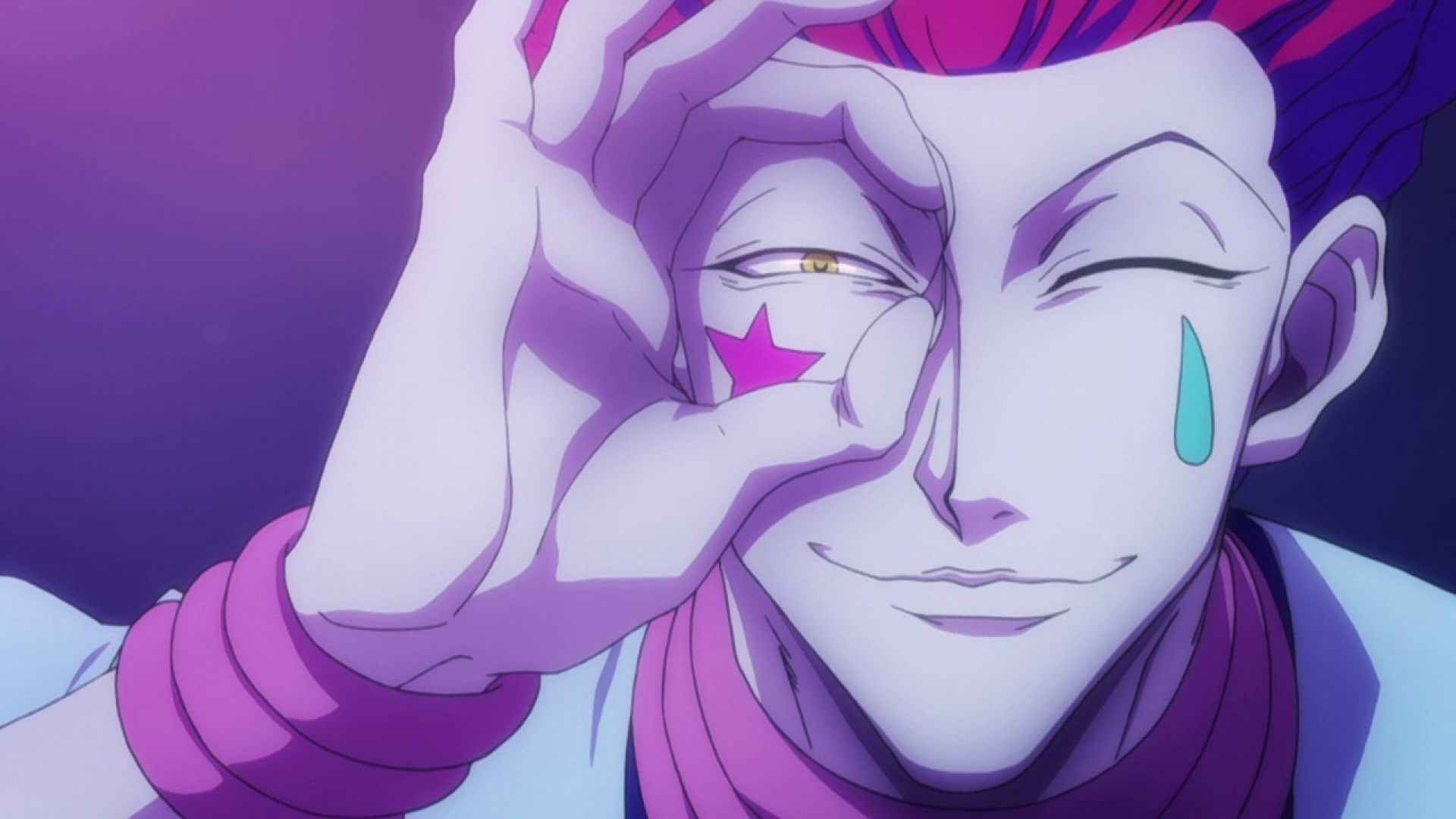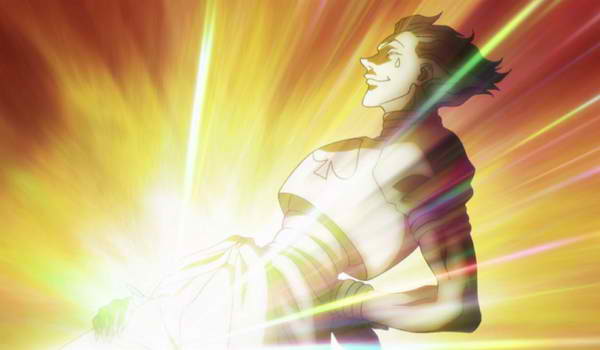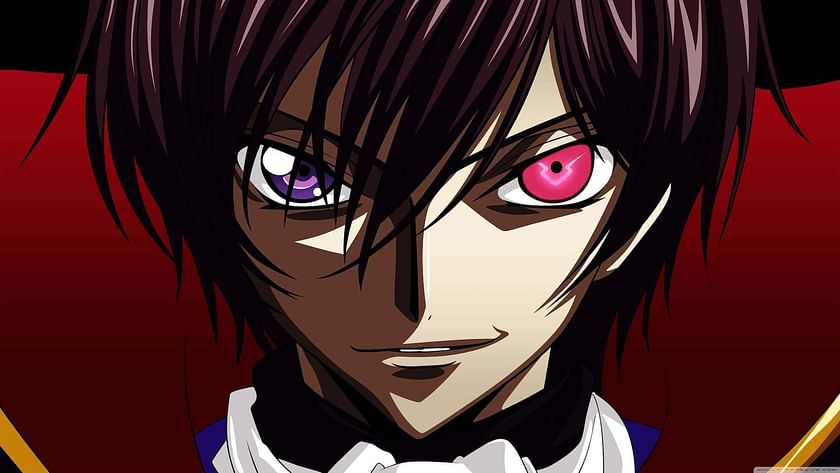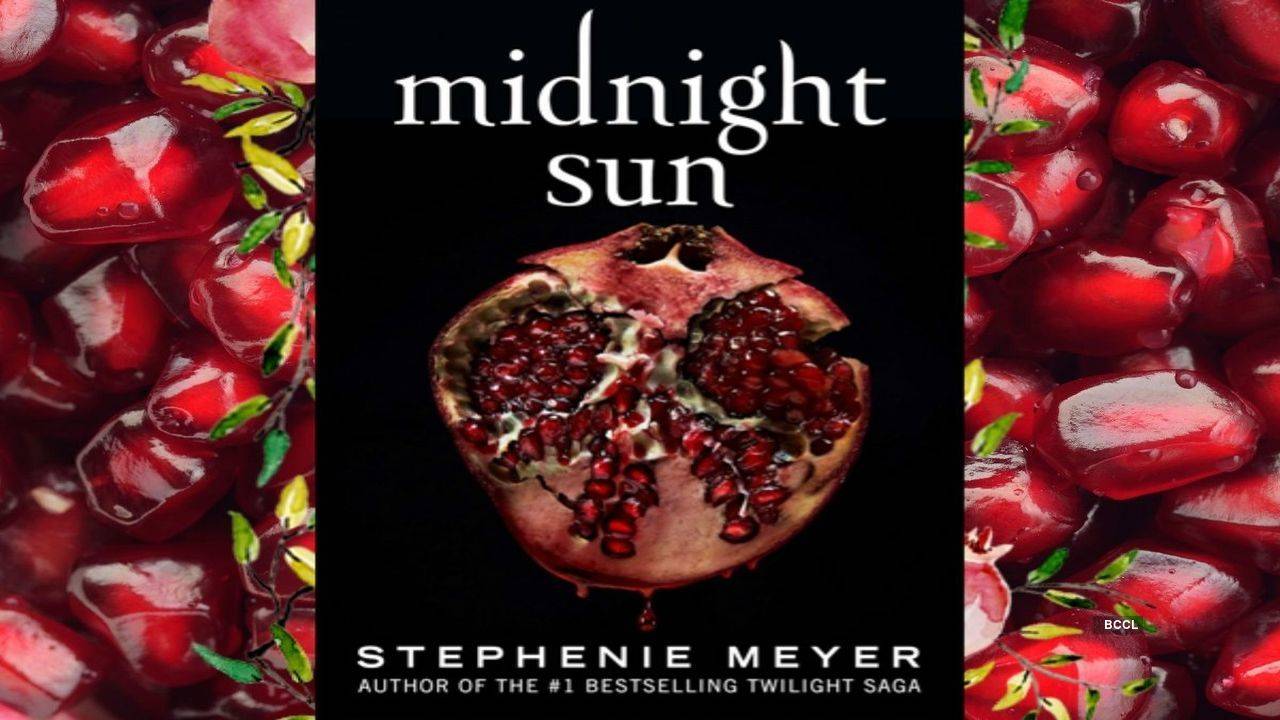Hunter X Hunter 2011 Vs Hunter X Hunter 1999 – 13 Episodes In – Capsule Computers
Por um escritor misterioso
Descrição
Letter from Gon, episode 13 of the Hunter X Hunter 2011 series, ended up being a recap episode told by way of Mito-san reading a letter from an excited Gon who managed to pass the third phase of the hunter exam. In all honesty, when I read the comments below the video that it was a recap episode, I was tempted to skip it. I wanted to take stock of the reboot of the (in)famous Hunter X Hunter series in its entirety however, so I sat through it. The basic formula of any recap episode in any anime series is reiterative – you know how it goes. As the episode ran through highlights of previous ones, I was reminded of all the little (and not so little) things that make the 2011 HxH series different from its predecessor. So as the 13th episode took measure of the past 12, in this article I’ll prematurely compare the Hunter X Hunter 2011 series to the popular and formidable original series before it. Madhouse, the studio behind the 2011 reboot, promised an adaptation that more closely follows events in the manga. Even the opening voice-over and animation was based on the introduction for the entire manga series on the first chapter. This promise is offset, however, by what elements of the manga the first series faithfully followed. Madhouse is juggling fan expectations while doing a balancing act on a tight rope of originality and uniqueness. So far, the studio has done a satisfactory job with its own highs and lows. The pacing for the 2011 remake is much faster than the original series, and while fans might be missing the scene where Gonta the bearfox got captured and the stranded battleship part of the hunter exam (yes, they seem to be going ahead with the number-hunting phase before the tournament style final exam), it might work out for the better. But as I mentioned earlier, the juggling and balancing act is not without consequence. Madhouse seems to have encountered some hitches with this, like for instance, when they decided not to introduce Kaito in the first episode and during the gourmet phase of the exam where Menchi went haywire – the sushi part was left out entirely despite being in the manga. Luckily, while it does take away from the experience of watching the anime adaptation, it is perhaps justified by the fact that such omitted scenes bear little significance for viewers who had not watched the first series. Leaving out Kaito might have been unwise, however, especially since he plays a vital role in future arcs. Many fans have voiced out concerns over the speedy pace of the new series, especially when it reaches the arcs after Greed Island. Personally, I think the hasty pace will settle down during or after the Greed Island arc, much like how Fullmetal Alchemist Brotherhood slowed down when Greed first appeared. Aside from the pacing and the scenes that had to be inevitably changed, there is little else to tell about the reboot, what with it being in its infancy. But alas, the devil is in the details and all these seemingly nominal facets that would otherwise go unnoticed. So here are a few small things that I like and don’t like about the 2011 remake of the Hunter X Hunter series. What I Liked The Kuruta eyes – said to be one of the most beautiful items in the world, I was rather disappointed when in the first series Kurapica’s eyes simply turned a shade of red. I could hardly call it beautiful. The 2011 series gives the Kuruta’s red eyes a much needed makeover, making Kurapica’s eyes stunning when flaring red. The Magician – the Hisoka of the 2011 series takes a turn for the masculine, with a deep voice and battle-testy nature. The first Hisoka’s voice was a notch higher, and twisted into manic tones when the magician himself was ravenous with bloodlust bordering on carnal depravity. While the first Hisoka was unique, if I have to take sides, I’d choose the 2011 Hisoka. The Sailor – In the 2011 remake, when Gon and Leorio first met Kurapica and the latter two fought for the silliest of reasons, a particular sailor was tossed overboard and the three had to team up to keep him from being lost to sea. Of course, the first series also featured such events, but what makes the 2011 series different form the first is that it established the identity and character of the sailor, albeit briefly, along with his interactions with Gon. When Gon risked his life to save him, and he became the proverbial “better man” (or in this case, sailor) because of it, the brief build up for a nonessential character lent itself to the development of Gon’s personality - that particular trait he has that changes people's decisions, perspectives, and even lives. The Chairman – Chairman Netero and his interactions with Killua and Gon are, for me, better in the 2011 remake than in the original series. The simplistic way Gon forced Netero to use both hands during their ball-stealing game was more to my taste as well, compared to the original series where he had to fake falling off the blimp. The Psychology – During the fight between Leluto / Leroute and Leorio, I also liked the straightforward psychology used in the second series compared to what happened during the first series. In the first series, Leluto started off by confusing Leorio and then taking advantage of his guilt over the death of his childhood friend to win in their game of janken. In the second series, the psyche out was more realistic, with Leroute using simple psychological tactics in gambling and then suddenly starting off a janken round in the height of Leorio’s confusion. Personally, I would think rambling about someone’s past for the first time would not immediately make them border on psychological self-destruction, and though Leroute was touted as a psychiatrist who drove her patients to suicide in the first series, the way by which she made Leorio crack felt rushed and unrealistic. It certainly was overkill if she only wanted to win at janken. The 70 hour stay – for no reason other than the novel value of witnessing what the quintet did when they were trapped for 70 hours in a small room in the Trick Tower, I liked the episode of the 2011 series that took the time to explore the scenario. This was pretty much absent in the first series. What I Did Not Like The (Missing) Catalyst - Kaito's introduction to the story line has been confirmed to happen after the hunter exam - quite different from what actually happened in the manga as well as the first series. Sure he'll be there all the same, but not introducing him the way the manga did has possible serious repercussions. Kaito was the catalyst that sent Gon on his way to seek his father. He told Gon that Ging, whom Gon thought to be dead, was alive and a legendary hunter at that. This initial contact between Kaito and Gon and the latter's appreciation for their serendipitous encounter are important contributing facets that led to Gon being endeared or even indebted to Kaito, so much so that when Kaito died in the Chimera Ant arc by Pitou's hands and Gon found that there was nothing he could do, Gon all but exchanged his life just to kick Pitou's ass. Of course there are many other chapters where the two interact, but personally for me just those chapters are insufficient to develop the sort of heartfelt gratitude Gon would feel towards Kaito for his role in Gon's most important decision in life. The (Lack of) Violence – Some have argued that because of the current time slot of the 2011 series – Sunday mornings – kids could easily watch it and thus the violence and gore level have been kept minimal. For instance, when Hisoka cut off the arms of one examinee who bumped into him during the first phase of the exam, instead of a gushing stream of blood, said examinee’s arms turned into a flowery show of pink butterflies. Hisoka might be an eccentric magician, but would he use his Nen and spend his aura on something like that when he can achieve the same effect if he had simply sheared the dude’s arms off with a Nen-imbued playing card? Another scene worth noting is Killua’s heart-ripping KO of Jones, the Matador. I prefer the first series where he ripped it out and held the beating thing out in the open so Jones could see when he crushed it in his hand. Though the second series did attempt to redeem itself for not showing the heart itself (nor Killua crushing it) by Killua’s mocking gesture of returning the heart to the outstretched hand of a dead Jones. The Soundtrack – The first series’ “Ohayou” is much better than the current series’ "Departure,” which sounds like a cross between techno, pop, and rock with a dash of what sounds like empty cans being dragged across concrete. The ending theme was a good attempt, though it fell short of Death Note’s “What’s Up People.” The Recap episode – Almost all anime adaptations have them, but still, I could do without one. Especially not 13 episodes into a series that has an original adaptation. The Wait – the 2011 reboot will take the series beyond Greed Island and into the epic showdowns versus the Chimera Ants and the intriguing family politics and savage ways of the Zordick family. I just hate this waiting that I can do nothing about. Hunter X Hunter 2011 has a long way to go, and I, along with multitudes more, are eagerly waiting just how far it can go. Views expressed in this article are those of it's writer, not of Capsule Computers.
Hunter x Hunter 1999 vs 2011 : r/HunterXHunter

What are the notable differences between Hunter x Hunter in 1999 vs 2011? - Anime & Manga Stack Exchange

Hunter × Hunter - Killua vs Jones (1999-2011)
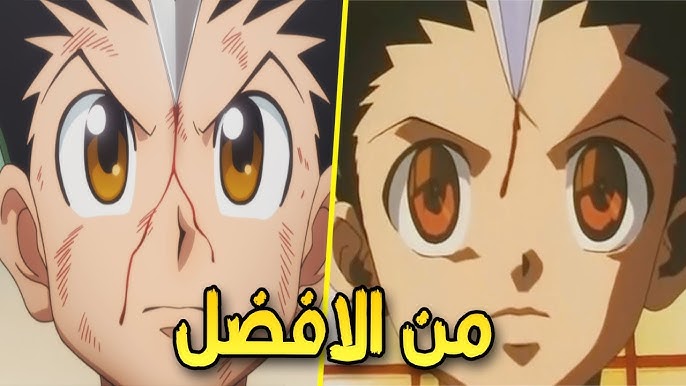
SHOULD YOU WATCH HUNTER X HUNTER 1999 OR 2011?
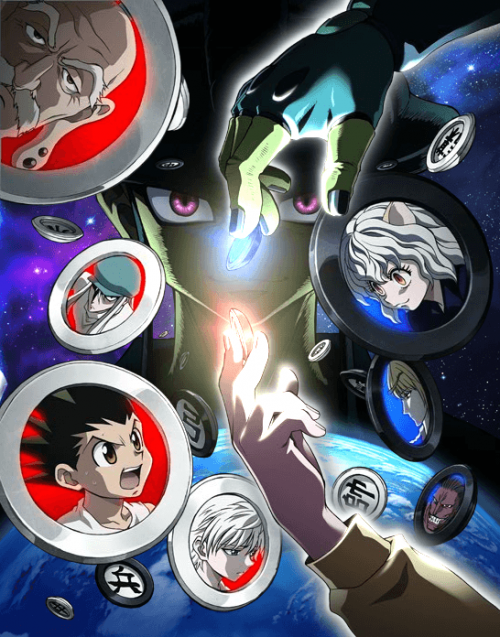
Anime Say! Episode 17 – Hunter x Hunter 1999 vs 2011 – Capsule Computers

hunter2011 : Free Download, Borrow, and Streaming : Internet Archive
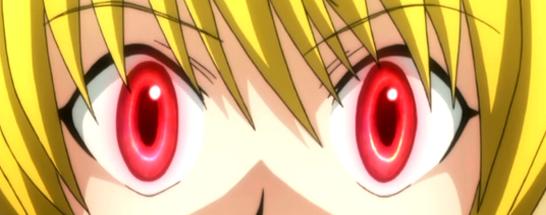
Hunter X Hunter 2011 Vs Hunter X Hunter 1999 – 13 Episodes In – Capsule Computers

Everything Begins With Your Heart: Hunter x Hunter Anime (1999 + 2011 versions) and Manga Differences + Opinion - Heavens Arena Arc
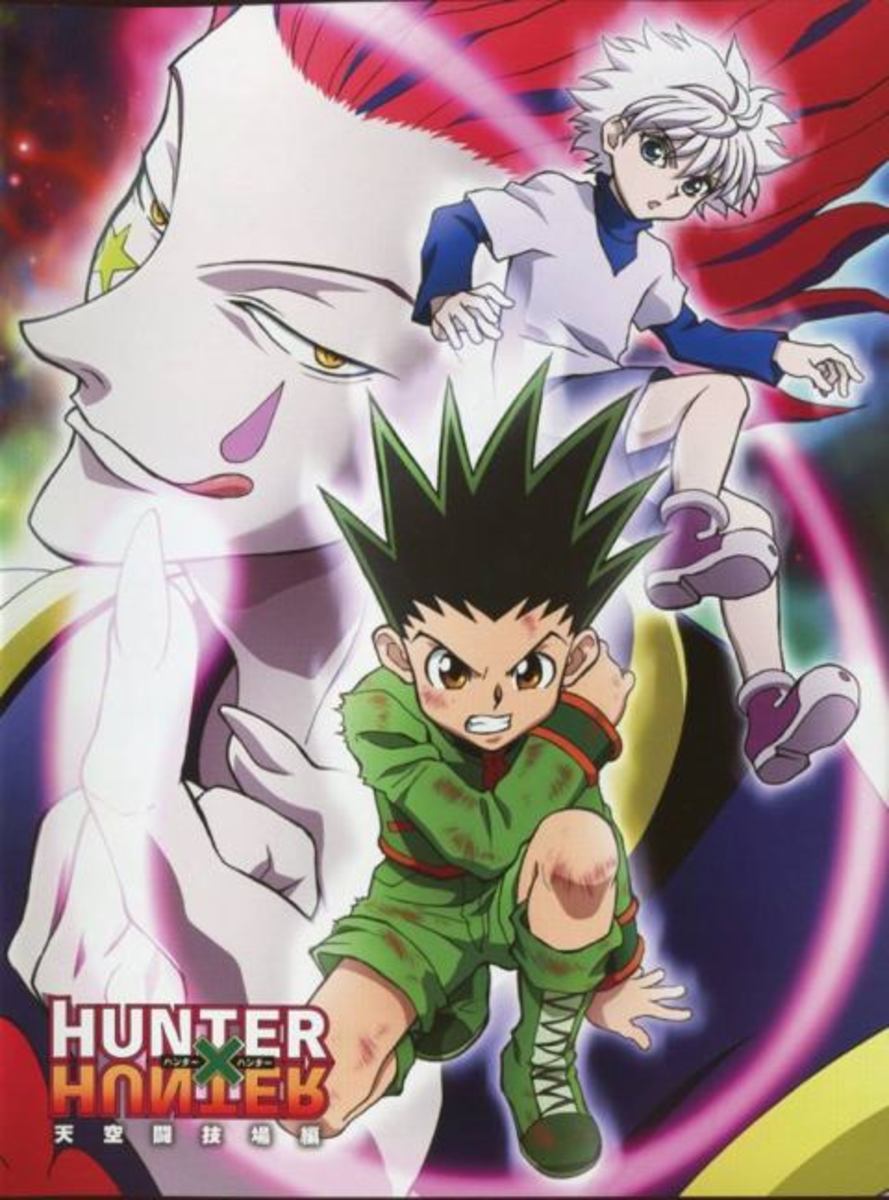
Hunter X Hunter Story Arcs - HubPages

Hunter X Hunter (TV 1999) - Anime News Network
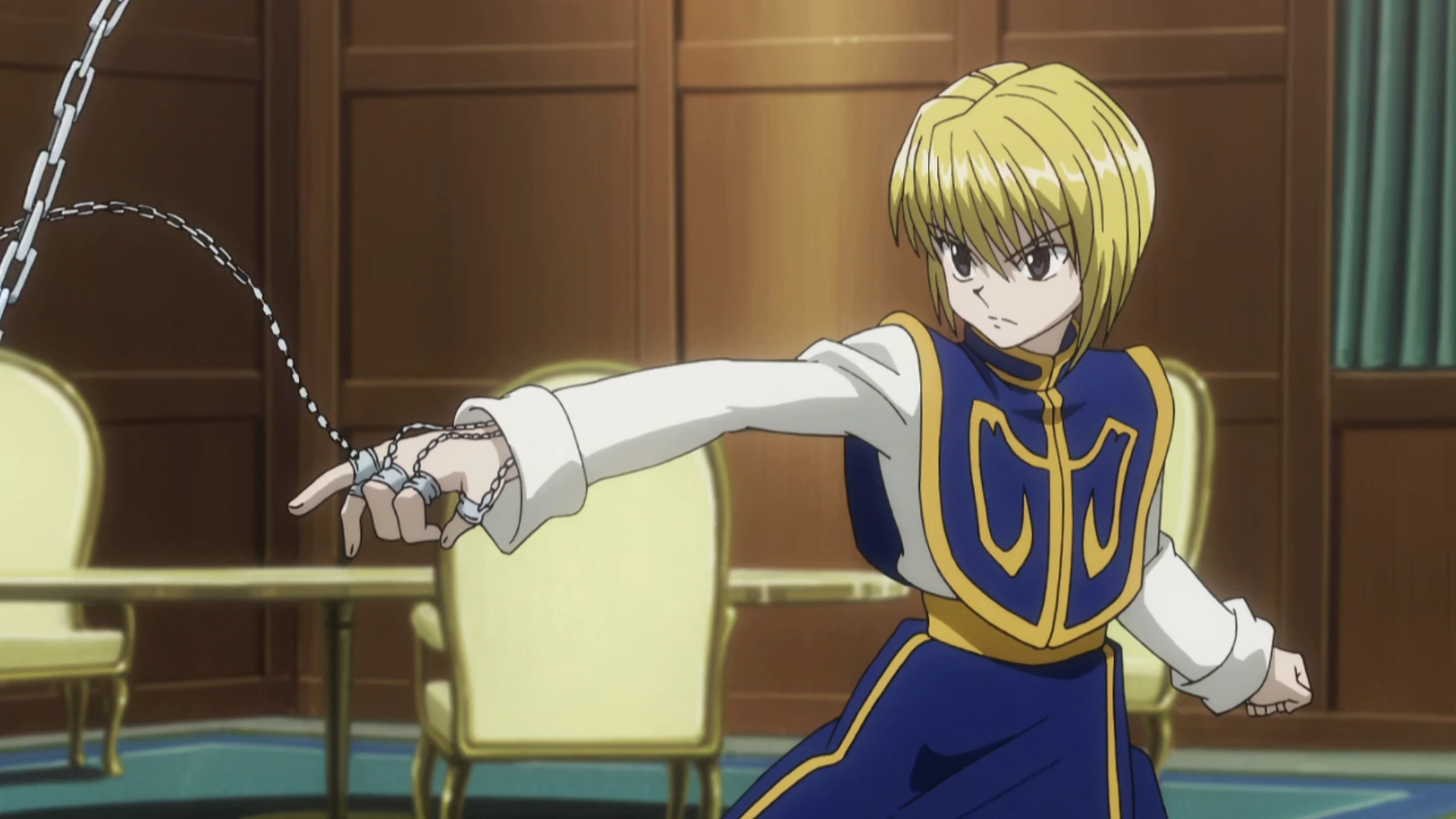
Episode 40 (2011), Hunterpedia
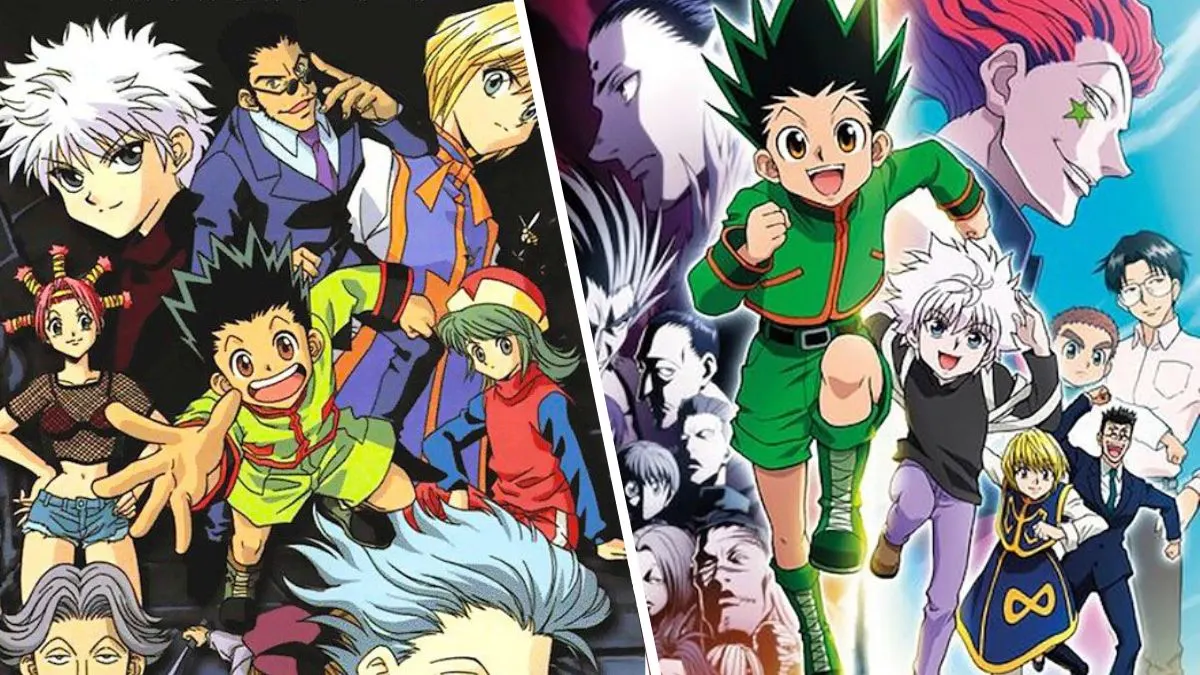
Best Hunter X Hunter Anime Watch Order: Series, OVAs, and Movies
Why did Hunter x Hunter start sucking so much? - Quora
Rewatch] Hunter x Hunter (2011) - Episode 116 Discussion [Spoilers] : r/anime
de
por adulto (o preço varia de acordo com o tamanho do grupo)

